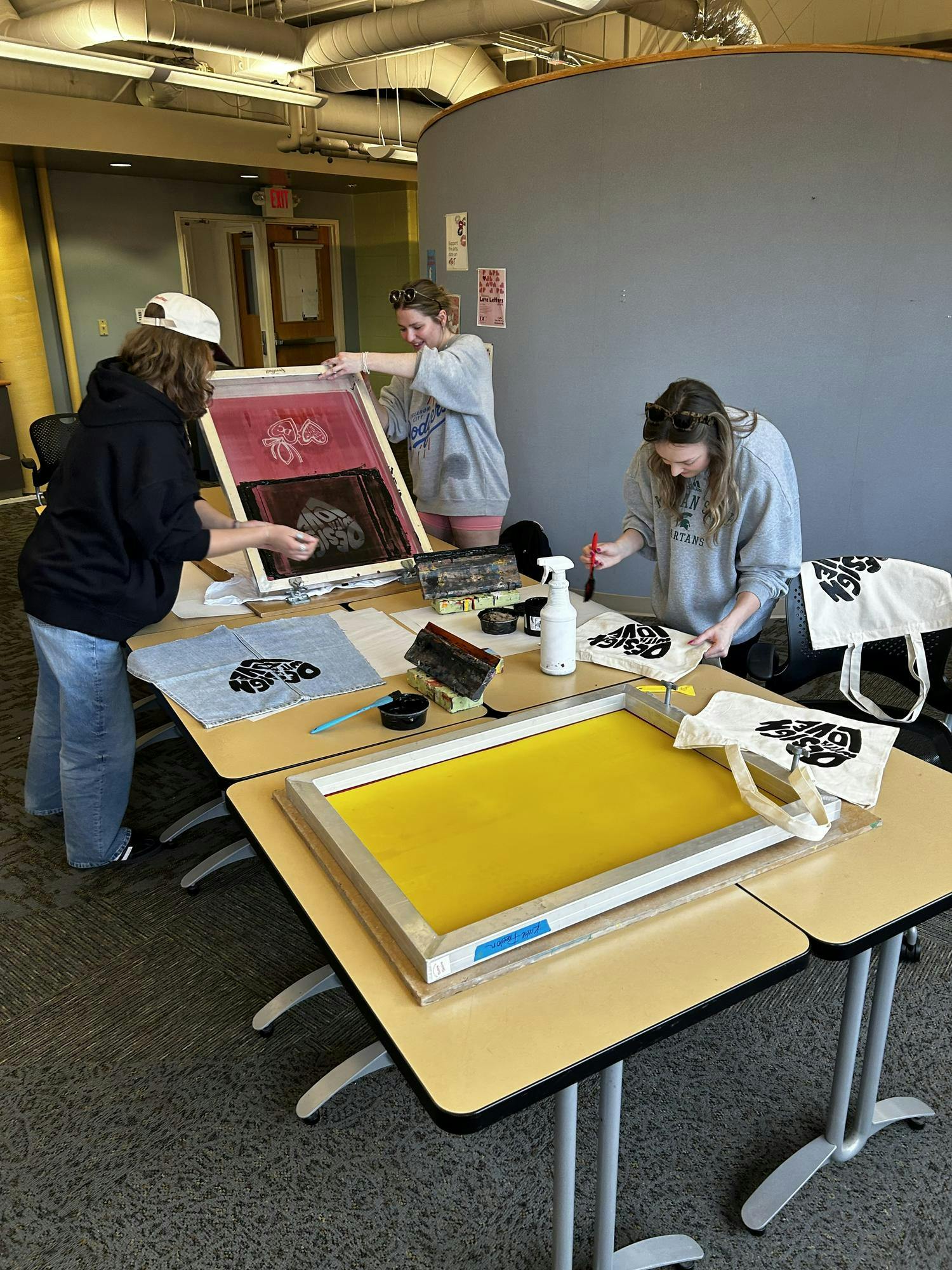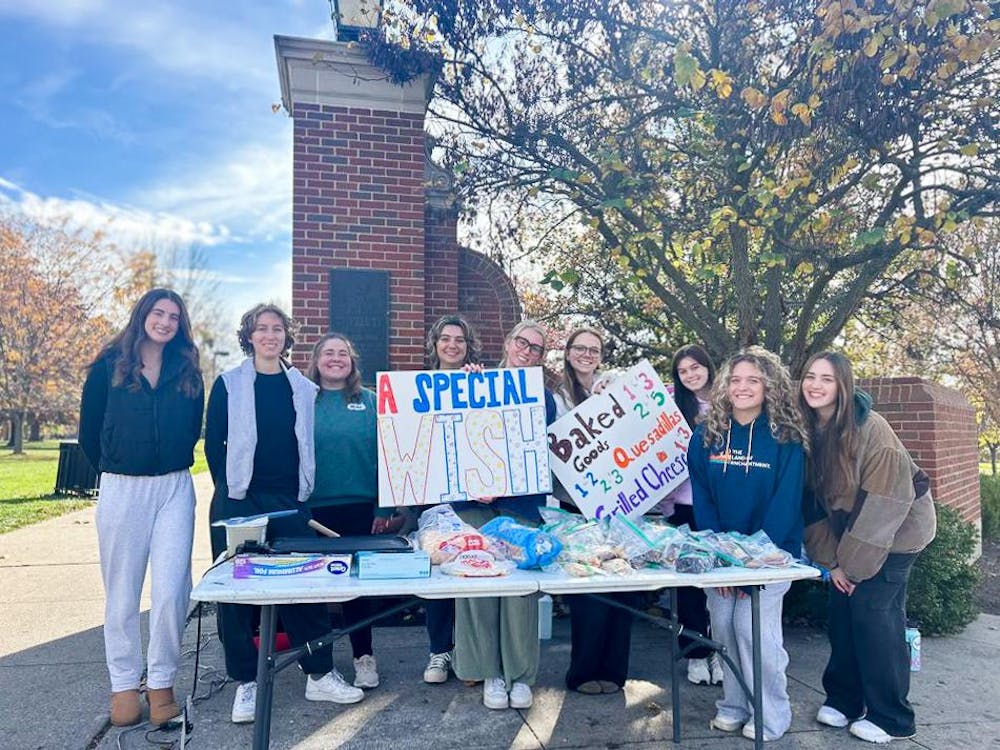Miami University’s Associated Student Government (ASG) told student organization leaders that all tier four clubs would have to be changed to the tier three funding limits as ASG no longer had the surplus of money they relied on through an email on April 8.
In 2020 and 2021, ASG had a surplus of money, following the COVID-19 pandemic. Since students were not on campus, fewer activities required funding, so when students returned to campus, ASG increased the amount of money organizations could receive. Over the past four years, this funding cap has been the same. Now, the surplus has run out.
“We essentially ran out of funding at the beginning of March,” ASG Secretary of the Treasury Hunter Rode said.
Clubs that have achieved tier four level can request $12,500 of funding from ASG. In comparison, clubs at tier three level can only request $7,500, meaning all tier four clubs at Miami who budgeted for $12,500 now have $5,000 less than expected.
“We have a whole new set of students on campus that are used to the $12,500 limit,” Rode said. “It's going to be a lot of baby steps trying to figure out what funding will look like next year, because I don't want to put a ‘band-aid’ on it for a year. I want something that will last.”
When they ran out of the surplus in March, Rode said there was a two-week period during which they had to take a break from answering funding requests.
Enjoy what you're reading?
Signup for our newsletter
“I had to come back to my advisor, and we had to figure out a way to find additional funding just to get through the rest of the semester,” Rode said.
This two-week break created a backlog of clubs trying to request funding. Many did not receive any communication from ASG and were left wondering what happened to their requests, President of the Honors Student Advisory Board (HSAB) Samantha Darby said.
The HSAB is a tier four organization and is budgeted for $12,500. However, when they submitted their request for Honors Week, there was a lag in communication before they learned they were changed to the $7,500 tier three cap.
“I'm sympathetic to the budgeting situation,” Darby said. “I just would have preferred better communication on that front because that seems like the sort of thing they should have seen coming, at least a year in advance [or] at minimum a semester.”
Before last spring, the HSAB relied completely on the honors budget. Now, with ASG funding, they can put on events on a larger scale like submitting contracts to bring in a coffee truck or a mechanical bull.
“Once we realized we were going to have access to $12,500 more a semester, we began to scale up our activities,” Darby said. “This year has really been about ‘What do we do with this money that's meaningful and serves our mission?’ So to have spent a lot of time thinking about that [just] to lose some of it again the next year is unideal, but definitely something we can handle. We've operated with a lot less. It's just kind of disappointing.”
ASG also switched from Buyway to Workday at the beginning of this semester. This posed issues to clubs as they had to learn a new system.

The Design Collective used funds to pay for a screen printing activity.
ASG does offer a Canvas course explaining Workday that club treasurers are required to take. However, this is not always the most straightforward for people who are not business majors, Treasurer of the Miami University Ceramics Club, Mel Hale said.
“A lot of clubs have a business person in the club who knows all the business-related funding information already,” Hale said. “But not every club has somebody who's aware of that type of stuff. I'm not aware of that type of stuff.”
Sara Cardemon, a senior communication design major, and Hale use the SEAL office and ambassadors as a resource to get help when they need it.
“I met with the SEAL ambassadors once, and they are so sweet,” Cardemon said. “They know it's a lot, and they know it's very confusing, so it's also confusing for them. It's just mostly a problem with the system.”
ASG will have to implement new changes to the tier funding limits and the organization.
“We're here to help [clubs] and empower them to do as much as they want and as much as they can dream,” Rode said. “But things will have to change, and we'll be there to support them.”
Additional reporting by Taylor Stumbaugh, Campus and Community Editor.




